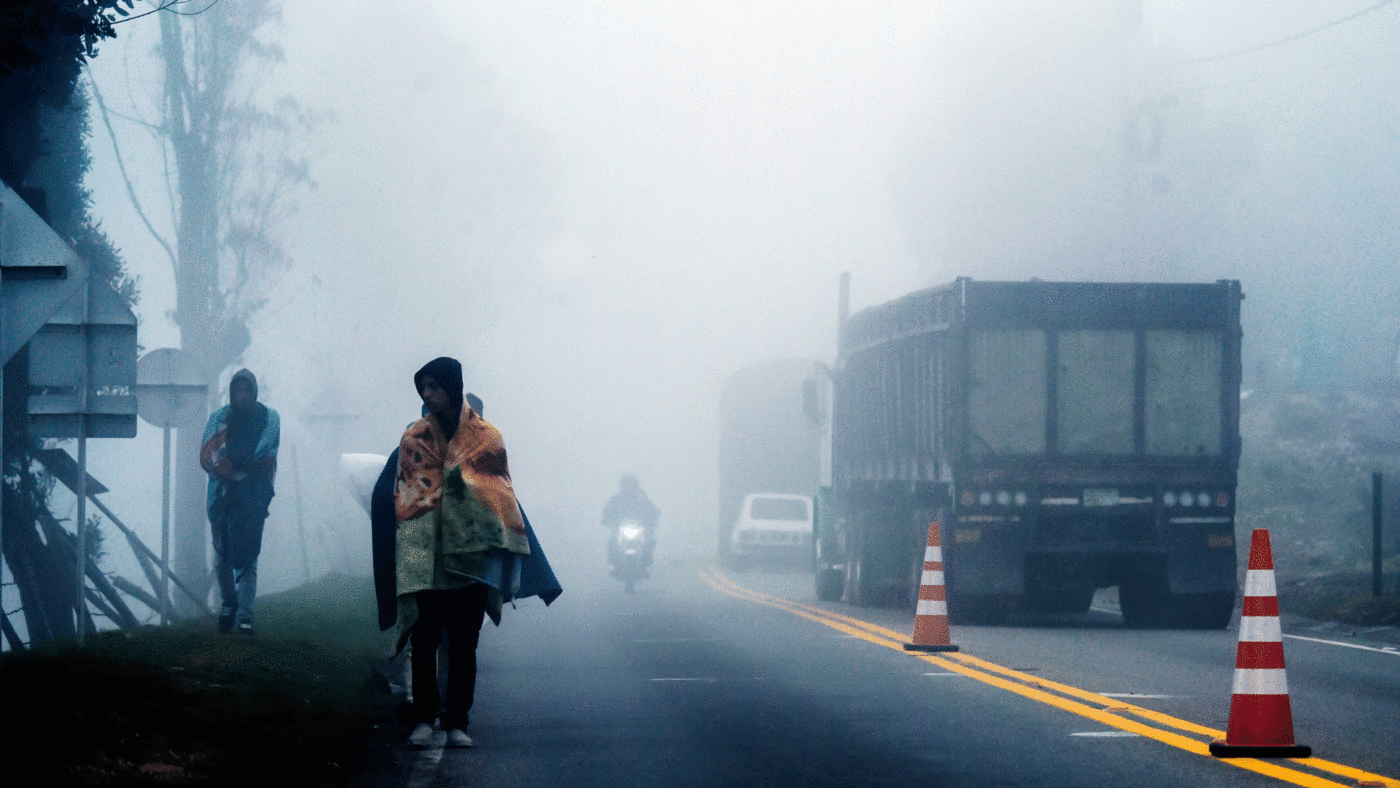When countries fail, their people flee. Venezuela is a case in point where a failure of political leadership has brought economic catastrophe and caused a wave of migration. What is often overlooked in such crises is the intolerable impact on individual’s lives, particularly on the poorest and most vulnerable people.
According to our current research on regional migration, there has been a threefold rise in applications from Venezuelans seeking asylum in other South American countries since 2015: representing a 2000 per cent increase between 2015 and 2018. Outflows of migrants from Venezuela spiked in the past year as the country’s long running political and economic crisis worsened, and doubtless this will increase given the events of past weeks.
In the Latin American and Caribbean region there are 36.4 million migrants of whom 7.7 million are ‘internally displaced people’, forced to flee their homes due to armed conflict and disasters, who have not crossed a state border and 1.4 million asylum seekers who have left their home country and sought asylum in another.
Venezuela and Colombia account for most asylum seekers in the region, however, South American governments are introducing ever-tougher restrictions to prevent Venezuelans entering and remaining in their countries. These increasingly tough stances by governments combined with hardening attitudes among local populations raise the risk that these factors will perpetuate each other, making the region a hostile environment for migrants.
Ironically, Venezuela was once a popular destination for many immigrants during the 1950s and through to the early 1980s, when the economy experienced steady growth and offered the highest standard of living in Latin America. Venezuela today might have the largest proved oil reserves in the world, larger even than Saudi Arabia, yet many of its citizens are now migrating or living in
poverty.
A long and steady decline in oil production and exports due to gross mismanagement of the national oil company by successive regimes, exacerbated by a series of stern currency devaluations, have wrecked the economy.
During the collapse of oil prices in the 1980s, the economy began to contract, inflation skyrocketed and then became hyperinflation from 2015. When oil prices were high, President Chávez funnelled billions into social programs but he failed to reinvest adequately in the oil industry. The national oil company, PDVSA which provides 90 per cent of Venezuela’s foreign currency earnings was described
recently by US Treasury Secretary, Steve Mnuchin, ‘as a vehicle for embezzlement’.
Years of underfunding, expropriation and corruption left the country vulnerable to the oil price slump in 2014. The size of Venezuela’s economy has halved since 2013, with inflation forecast to hit an incomprehensible 20 million per cent by the end of this year and the country faces the possibility of defaulting on debts.
According to our research (Global Prosperity Index 2018), Venezuela experienced the largest fall in prosperity among the 149 countries measured over the last 12 years, by far. It fell in each of the prosperity indicators and most in safety and security with the biggest falls in people reporting the availability of food and shelter.
Our research shows that safety and security is both the binding constraint on prosperity and the foundation of any successful nation building; it enables improvement in the other indicators to follow in governance, personal freedom, health and education, investment and a thriving business community.
Without safety and security, it is challenging to build anything, and the pathway to prosperity becomes obscured. Even a peaceful transition of government in Venezuela is unlikely to result in rapid improvements for its most vulnerable citizens; it will take years to stabilise the output of oil, let alone increase it. The status quo in Venezuela can be expected to continue the ruin of the country’s oil industry.
However, our research also highlights several countries who have achieved rising prosperity following major catastrophe, such as Sri Lanka and Rwanda. Despite ongoing political turbulence, Sri Lanka has seen increases across all prosperity indicators over the last decade with the largest rise in levels of safety and security following the end of a nearly three-decade long civil war in 2009, enabling significant reinvestment to follow in health, education and infrastructure and a more stable environment for commerce and investment. Tourism has also flourished bringing a major source of new income. Rwanda is another riser, following its horrific genocide and is now performing well in governance with significant improvements to the business environment following reforms.
Whilst a country like Venezuela can fall hard and fast, it can also recover when competent leadership is restored, and its citizens feel safe and secure with adequate access to food and shelter. Unlike many falling countries in Sub Saharan Africa and the Middle East where war and environmental degradation are creating intolerable living conditions and driving mass migration, Venezuela’s failure is political and therefore rectifiable.
CapX depends on the generosity of its readers. If you value what we do, please consider making a donation.


